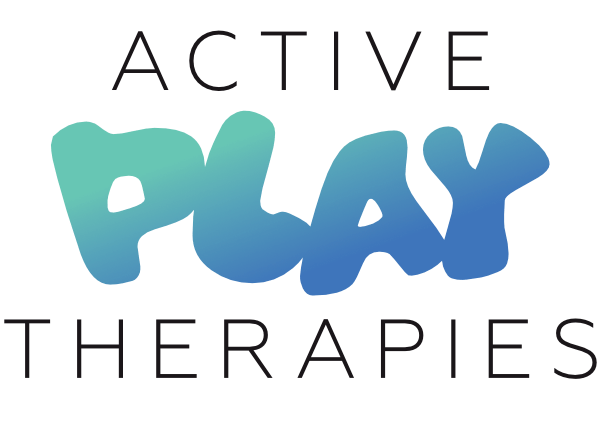Thoughts From a Therapist: All That Glimmers
Originally published on Sensory Integration Education on 31 October 2023.
We are thrilled to welcome back our regular contributor, Anna Willis, Occupational Therapist and Advanced Practitioner in Sensory Integration, with her Thoughts From a Therapist series. In this article, Anna discusses the popular term “glimmers”.
The term “Glimmers” is a relatively new one to me that I’ve seen popping up over the past year or so. This refers to those little moments of joy throughout the day, that make you feel better, peaceful or joyful. I love this concept so much, and the term! For me, the word conjures up images of sparkles and magic, which fits perfectly with the way it’s being used here. Things like the crunch of leaves, the smell of autumn, a click of the kettle or the cold, smooth feel of a shiny pebble.
A Glimmer is the exact opposite of a trigger, and fits seamlessly into the work we so often do on emotional regulation. I refer to a “toolkit” of strategies for calming down, and I initially wondered whether the term Glimmers could be used interchangeably here. I decided not, as Glimmers aren’t just for calming. They’re also just unexpected moments. However – someone’s Glimmers could definitely be in their toolkit, and noticing what your own personal Glimmers are gives an excellent springboard for so much discussion, from interoceptive conversations about how it feels in your body, to a better sense of self and an insight into your own preferences.
When working with the senses, we first need to have a strong understanding of our own profiles as therapists, so why not spend some time noticing what your Glimmers are this month and see where it leads?
Thoughts From a Therapist is a regular series written by Advanced SI Practitioner Anna Willis about something that piqued her professional interest or inspired her in some way over the last month. Anna, an occupational therapist and owner of Active Play Therapies, has over ten years of experience working with children and adults with a range of learning disabilities and autism.
